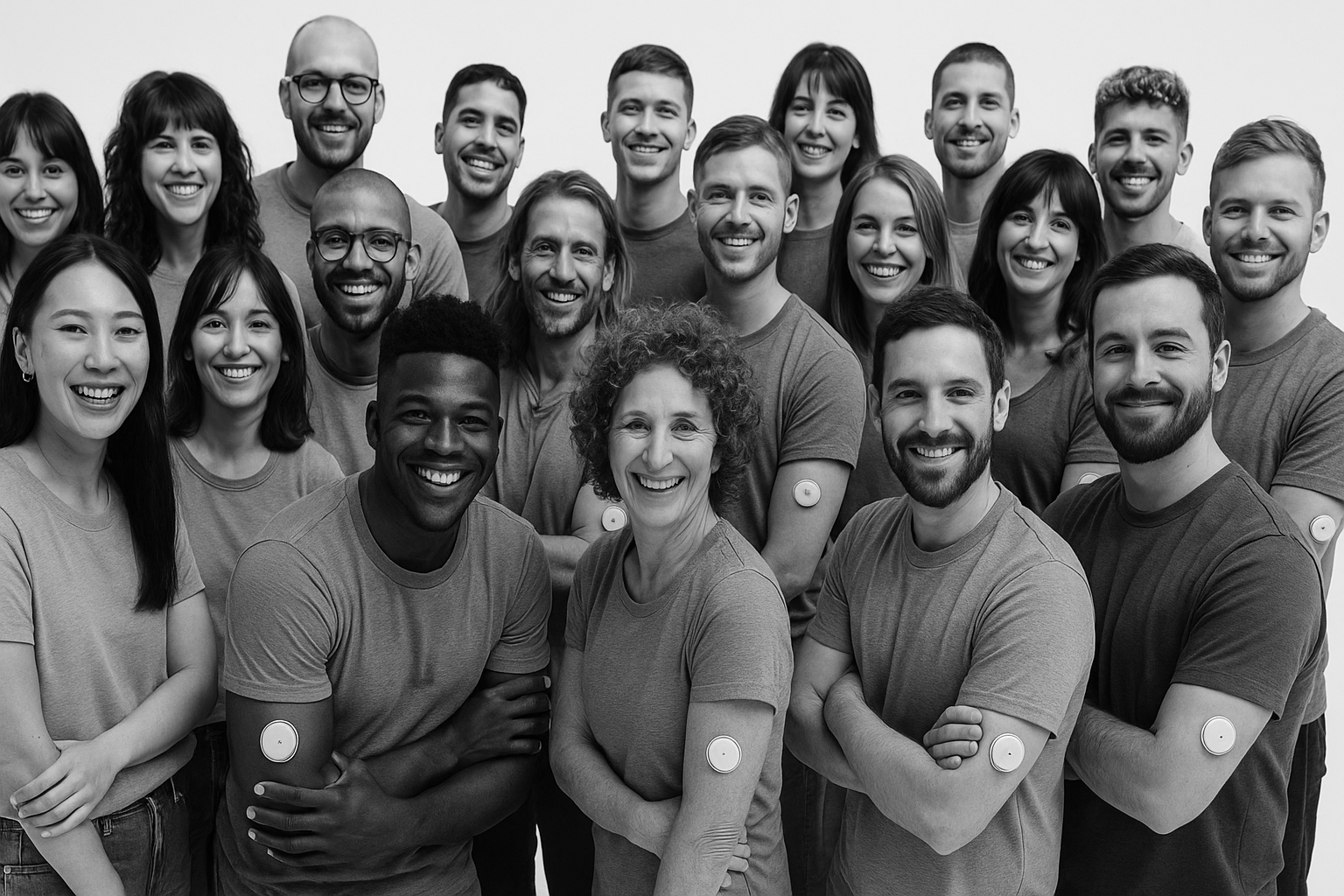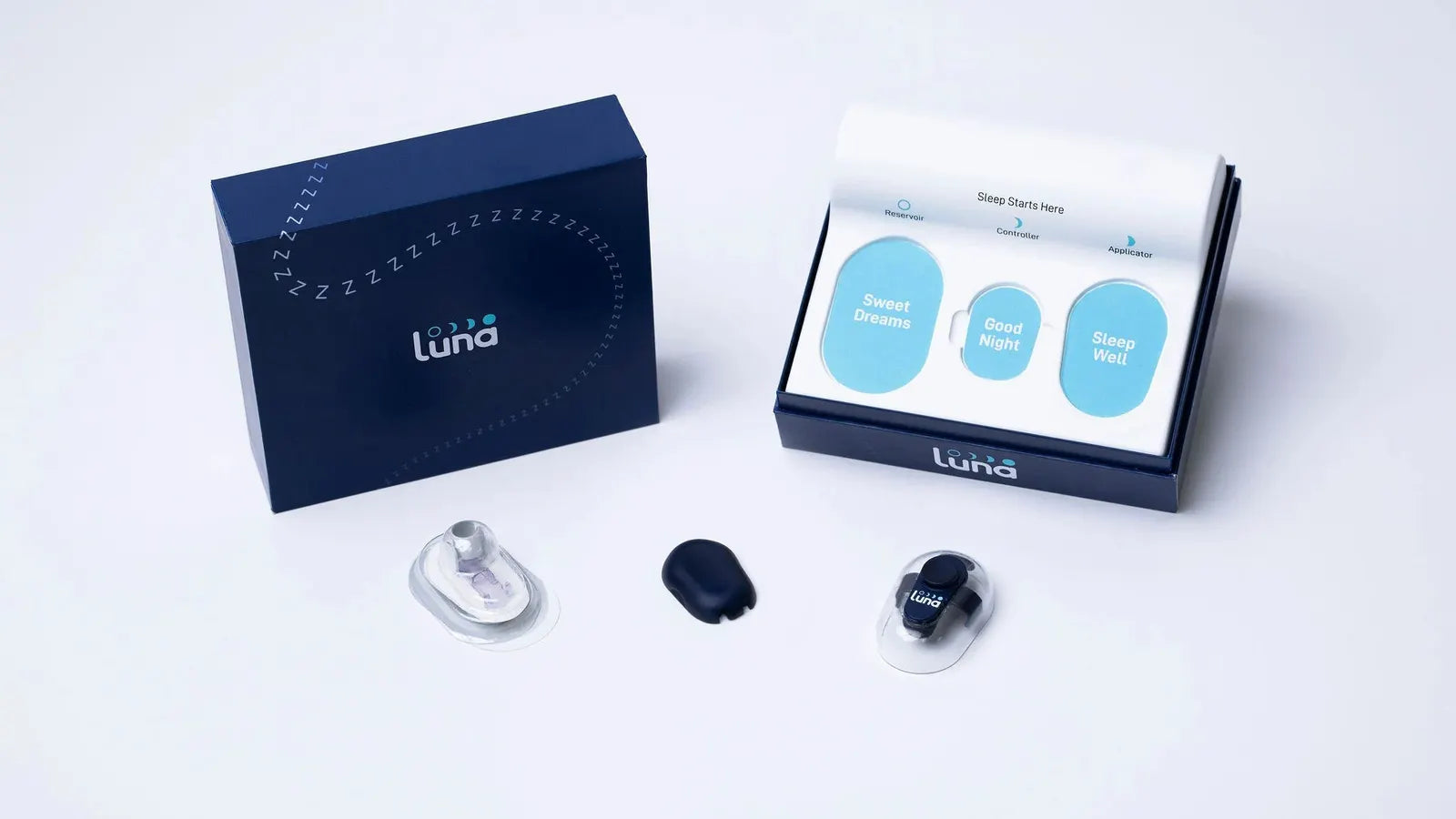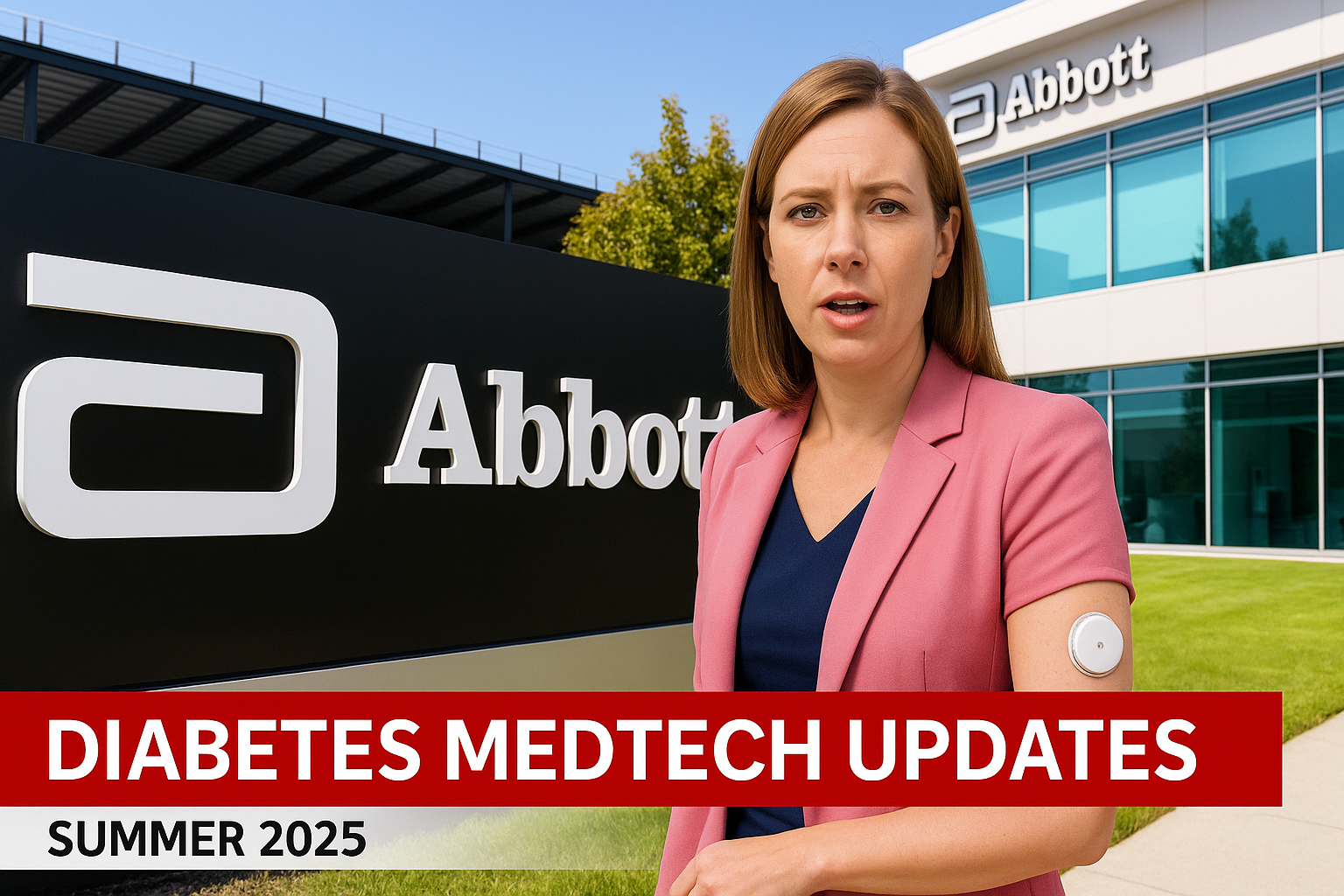
In a groundbreaking development for both diabetes management and space exploration, the Dexcom G6 is being used in space for the first time ever. As part of the Polaris Dawn mission, which launched on 10th September, the CGM will help scientists explore how spaceflight affects human health, particularly blood-sugar levels.
Exploring glucose health in space
During the mission, astronauts aboard Polaris Dawn will spend five days orbiting Earth, conducting around 40 scientific experiments. Among these, several will focus on glucose health, with the Dexcom G6 playing a central role.
Scientists aim to investigate how the unique environment of space—especially the effects of microgravity—impacts glucose regulation. This research could lead to new insights not only for future astronauts but also for people with diabetes back on Earth.
The use of the Dexcom G6 in space is a significant milestone for diabetes technology. By tracking real-time glucose levels during spaceflight, the research team hopes to understand how the body's systems respond in this extreme environment, potentially opening doors for space travellers with diabetes.
Pushing boundaries in diabetes innovation
Dexcom’s Chief Operating Officer, Jake Leach, expressed excitement about this pioneering project.
“As the pioneer in glucose sensing, Dexcom has been responsible for bringing almost every major ‘first’ to market for the CGM category,”
Leach emphasised that Dexcom is "thrilled" to be part of this mission, helping to make space exploration more inclusive for people with diabetes.
The research aboard Polaris Dawn aligns with Dexcom’s vision of empowering individuals with diabetes to achieve their goals, no matter how ambitious. This mission not only pushes the boundaries of diabetes technology but also redefines what’s possible for people managing chronic conditions.
A new frontier
As the Polaris Dawn crew orbits the planet, they will use advanced analytics to study glucose dynamics in space. The results of these experiments will offer valuable insights into how microgravity and other factors unique to space travel affect glucose levels. The findings could also have broader implications for human health, influencing how space missions are planned and executed in the future.
This mission represents a major step forward in making space travel more accessible to everyone. As diabetes technology reaches new heights, it brings the possibility of exploring space within closer reach for millions of people worldwide.
Reference
Dexcom (Business Wire): https://www.businesswire.com/news/home/20240827030657/en/Dexcom-CGM-Worn-in-Outer-Space-as-Part-of-First-of-its-Kind-Polaris-Dawn-Mission
Disclaimer
Blogs and publications on this website are independent of any involvement by medtech companies or diabetes related charities. To ensure there is no bias, we do not accept any products, freebies or other material from any medtech provider. Except where credited otherwise, all materials are copyright ©️Love My Libre Ltd.
Love My Libre is not associated or affiliated with Abbott or FreeStyle Libre. Content here and on our website www.lovemylibre.com does not constitute medical advice or replace the relationship between you and healthcare professionals nor the advice you receive from them.
The author of this blog has type 1 diabetes and uses the FreeStyle Libre 2 which is provided on NHS prescription.





Leave a comment (all fields required). Please note, we are unable to respond to individual comments posted here.